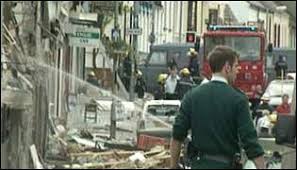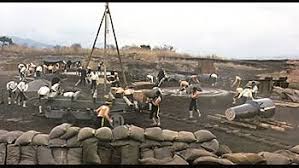The Omagh Bombing: Remembering a Tragic Event in Northern Ireland

Introduction
The Omagh bombing is one of the most devastating terrorist attacks in Northern Ireland’s history. Occurring on 15th August 1998, the attack claimed the lives of 29 people and injured over 200 others. This tragic event is crucial in understanding the complexities of Northern Ireland’s conflict and the ongoing need for peace and reconciliation in the region.
The Incident
The bombing was carried out by a faction of the Provisional Irish Republican Army (IRA) known as the Real IRA. In the busy market town of Omagh, a car filled with explosives was detonated on a sunny Saturday afternoon, attracting many civilians who were enjoying their weekend. The explosion resulted in the highest loss of life from any single incident during the Troubles and profoundly shocked the community and the world.
Aftermath and Legal Consequences
In the wake of the bombing, many families were left to grieve their loved ones, and the incident spurred a renewed push for peace in Northern Ireland. The Good Friday Agreement, signed just months earlier, aimed to bring an end to decades of sectarian violence. The bombing caused serious questions about the effectiveness of the agreement, highlighting the need for vigilant peacekeeping efforts.
Legal repercussions followed, as a lengthy investigation led to various arrests and trials. In 2010, a civil case brought by relatives of the victims concluded with a verdict freeing the accused from misconduct due to inadequate police operations. Despite the passage of years, the desire for justice remains strong among the bereaved families.
Significance and Memorialisation
The Omagh bombing served as a grim reminder of the violence that plagued Northern Ireland during the Troubles. It has since become a focal point for discussions about terrorism, reconciliation, and the lasting effects of political conflict. Multiple memorials have been erected to honour the victims, ensuring that their stories are not forgotten.
Conclusion
The Omagh bombing remains a significant event in the history of Northern Ireland, representative of the painful legacy of the Troubles. As the region continues to transition towards lasting peace, the memory of the victims reinforces the importance of dialogue, understanding, and commitment to peace. It serves as a poignant reminder that the fight against terrorism is ongoing, and the pursuit of justice and reconciliation must remain a priority for current and future generations.









